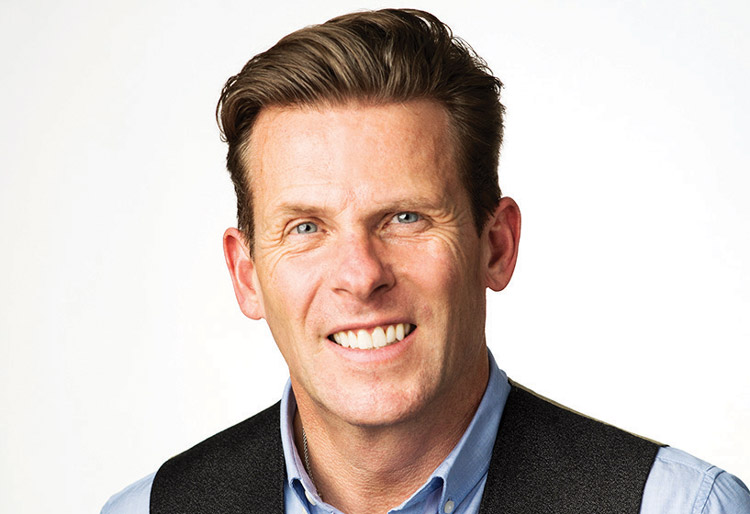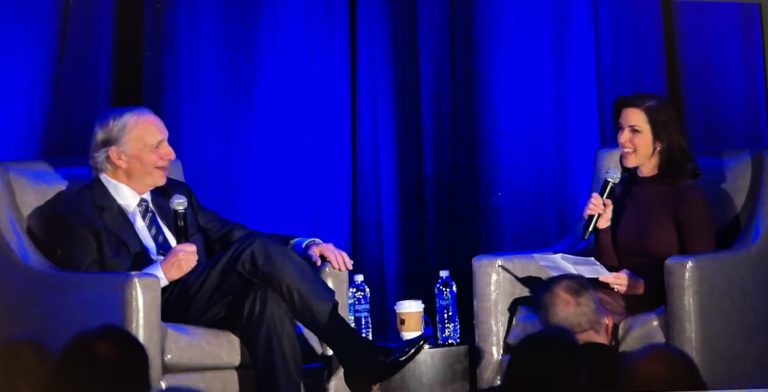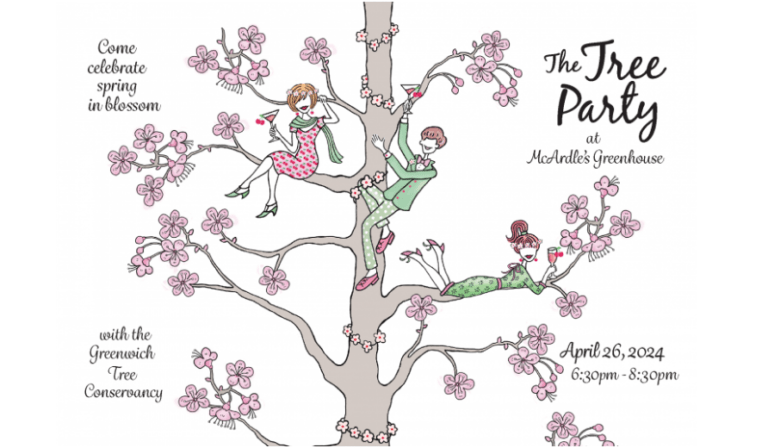
By Drew Williams
Some of the most outstanding examples of humanity that I have ever met live right here in Greenwich and the surrounding area! These are individuals who are surrendered to God and distinguished by His generosity, compassion, and a vision for philanthropy and justice to a degree that I have seldom seen. At times, however, I find myself somewhere in the community and, out of the blue, I encounter a harsh and angry manifestation of pride and entitlement that makes my blood run cold. I don’t say this in a judgmental way. It is too easy for me to fall into exactly this way of thinking and living. Indeed, at one time in my life, it was all I knew.
It is very easy for us to romanticize the first century church and to imagine that, somehow, they had everything wonderfully worked out. All the evidence in James’ letter, however, would reveal that they were grappling with exactly the same manifestations of pride and entitlement that have derailed culture and the church in every season of history.
In chapter four, James breaks down this epidemic of pride into three cultural contagions:
i) Unchecked selfish desire: James tells the church in Jerusalem that they are living chiefly for their own passions and that they are almost as materialistic as the world around them. James tells them, “…your passions are at war within you…” (James 4:1).
And, furthermore, they are losing the battle; they are falling into godlessness and even violence. The culture is swallowing them up and consuming them alive!
ii) Backstabbing: James tells them, “Do not speak evil against one another…” (James 4:11). They are filled with judgment against each other. James is drawing upon Leviticus in his challenge to them: “You shall not go around as a slanderer among your people, and you shall not stand up against the life of your neighbor…” (Leviticus 19:16). Instead, he says, “…you shall love your neighbor as yourself.” (Leviticus 19:18).
There are two responses that we could make to James’s exhortation not to backstab:
a) Oh, come on, it is part of the social fabric, isn’t it? Everyone speaks behind each other’s backs — it’s what we do to let off steam. It’s freedom of speech. It’s psychologically healthy. It is acceptable and to be encouraged! Of course, in reality this has the power to crush the life out of the church and us. Or,
b) Preach a kind of morally outraged hell fire and brimstone message — turn or burn! As if these problems were fixable by simple human will power.
Both of these responses are actually graceless. In both responses, no lives are changed. The former is a kind of worldly pride and the second is spiritually proud.
iii) Stop assuming that time is yours to spend as you wish: James is not saying don’t make plans. What he is focusing upon is our tendency to run our lives without any consideration of God’s desires or leading. This attitude reflects the problem of nominal belief with no real trust in God. Instead, James suggests we say, “If the Lord wills we will live and do that.” (James 4:15).
In reading James 4, it would appear that the church in Jerusalem was beginning to look more and more like the culture around them. How does God break the grip of culture on our lives and cause us to live for Him? How does God break our pride and transform us individually and corporately?
At the heart of this passage, right at the heart of this battle, James reveals that the Lord has not departed as we might have feared; He is present and active and fighting with us and for us. How might we recognize Him? How would we know His presence? There are three parts to this answer (of course!), but I just want to touch upon the conviction of God.
James writes, “He yearns jealously over the Spirit that He has made to dwell in us.” (James 4:5). This not the green-eyed jealousy we experience, but rather a fierce and pursuing love that seeks and finds us in the midst of the battlefield of life. An, as we battle the values of the culture around us, this fierce, pursuing love uncovers our fear and weakness in the face of colliding desires. For example, we might be more than happy to collude with the culture of backstabbing, just so we don’t seem prudish or come off as morally superior. So, the fierce and pursuing love of God brings conviction.
How should I respond to His conviction? James says, “Submit yourselves therefore to God.” (James 4:7). In other words, I need first to submit to the Lord’s conviction. Allow it to take root. Ironically, those moments when I encounter my own pride and entitlement are also the moments when these traits are revealed within me. I feel horribly convicted and I don’t like that truth about myself. But, it is the conviction of a truth that opens my heart to the possibility of real and lasting transformation. Conviction is, in fact, an essential component in the operation of grace — and we know that “There is therefore now no condemnation for those who are in Christ Jesus.” (Romans 8:1).
And, it is in the pursuit of His gracious transformation that we are headed next week…
Drew Williams is Senior Pastor of Trinity Church. Trinity Sunday services in Greenwich are at 9:15 and 11 a.m. at the Hyatt Regency Greenwich, 1800 East Putnam Avenue. Sunday services in Darien are at 9 and 10:30 a.m. at the Darien Library, 1441 Post Road, Darien. Visit trinitychurch.life




